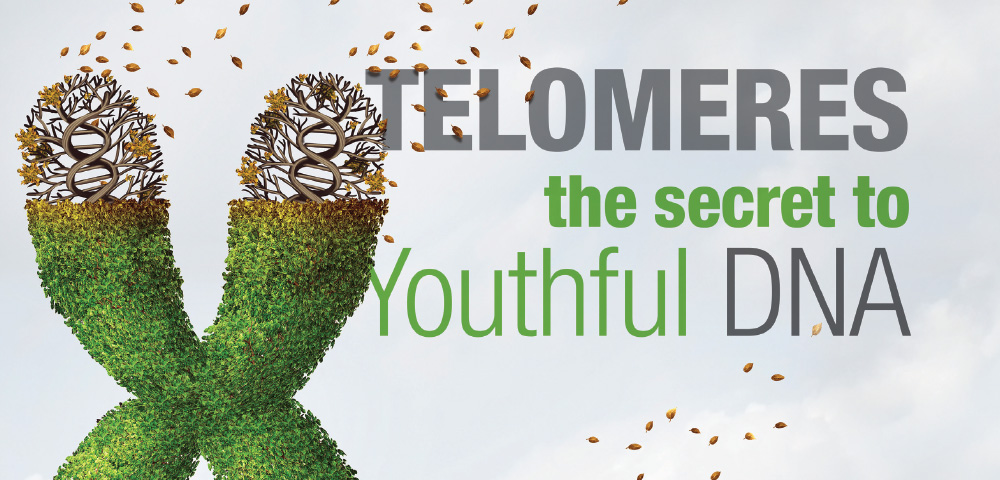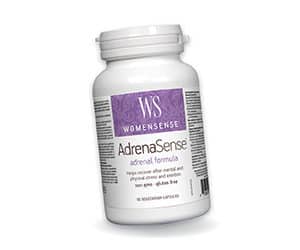
Aren’t we all done with the term anti-aging? This old-dated phrase has been so overused that it is sounding like a hustle.
Aging is not an illness that we need to battle. It is, however, a physiological process that can be sped up or slowed down, depending on how you take care of yourself. We’ve all met people who looked a lot younger than their biological age and many who look far older. In recent years, there has been an explosion in research on premature aging and results are clear, you can turn back the clock. Move over, injectable fillers and plastic surgery, as there is research-backed science which shows ways of slowing age-related decline, and not just the appearance of aging.
How old are you?
Age is measured in two ways, chronological and biological. (There is also the age we are in our heart, but that’s another conversation, entirely). Chronological age is the difference between our birth day and today’s ever-advancing date. Without a time machine, we have no control over that. Biological age is a more useful metric of the body’s physical vitality. It refers to how old, or young, a person is from a physiological standpoint. That translates into how soon or late we might develop any age-related or degenerative condition, from dementia to heart disease. Biological age can also predict life expectancy.
Telomeres and aging
How do you determine your biological age? Many online questionnaires provide quick-and-dirty estimates of biological age based on lifestyle factors, and those can be fun to take, but a more scientific approach is to look at cellular markers of biological age. One such marker getting a lot of attention is telomere length. What are telomeres, and of course the burning question is, how we can extend them?
Telomeres are the extreme ends of our chromosomes, and are often compared to the plastic caps on the end of shoelaces. Telomeres tend to get shorter with age. Short telomeres at any age are a keen indicator of premature aging: the shorter your telomeres, the older your biological age. The fantastic news about telomeres is that if you have short ones today, you can make them longer. From a biological standpoint, you can get younger this year! Read on to learn how.
The Bad News – What Ages Us?
First, the bad news. Certain common lifestyle habits age us prematurely. However, this is still good news since these factors are things we can change, and they are within our control.
Being sedentary – I know, the first thing that comes to mind is exercise, the gym, and how can I fit more into an already busy schedule, but our bodies are meant to move. If we don’t do that enough we will pay the price. The primary mechanism that seems to be the worst for telomere length is being a couch potato – all that sitting promotes inflammation. It seems counter intuitive, but it’s true. How can we create inflammation by doing nothing? In fact, that’s precisely what happens when we sit, and yes, people are sitting on average more than ever before. Too much sitting ages us.
Sleep – Not getting enough sleep or adequate slumber is critical to lengthen telomeres. People who sleep 5 hours or less a night age faster than those who sleep 7 hours or more, so plan. About two hours before bed start to wind down, dim the lights if you can, take a hot shower or bath, put your phone away, turn off the TV, and get ready to enjoy a good night’s sleep. Making it a habit of preparing for sleep will enhance your routine and assist you in getting a better night’s sleep.
Smoking – This an obvious one, but for the record many people still smoke. Tobacco smoke promotes inflammation, exposes the body to harmful toxins, and creates free radical damage to our DNA. Quitting is the single-most important change you can make for better health.
Omega-6 – Higher consumption of omega-6 fats promotes cellular aging. Omega-6 lurks in vegetable oils such as safflower, sunflower, corn, and cottonseed oils. For the most part, these unhealthy fats are found in commercially baked goods and processed foods, which tend to be empty calorie bombs anyway, so avoid them.
Environmental toxins – Exposure to toxic chemicals in plastics, cosmetics, shampoo, laundry detergent, dryer sheets, heavy metals in water, and air pollution are all associated with shorter telomeres for any given age.
Telomere Age Test
Please answer YES or NO to each question.
1. Are you active every day?
2. Do you sleep at least 7 hours per night?
3. Do you view stress as a challenge?
4. Do you have friends or family you can rely on?
5. Do you exercise or walk daily?
6. Are you a non-smoker?
7. Are you usually content?
8. Do you have a pet?
9. Do you avoid eating processed meat and packaged food?
10. Do you eat 5 or more servings of fruit and vegetables per day?
For every YES answer, subtract one year from your biological age. For every NO answer, add one year.
By making a few simple changes to your daily routine you can take years off your biological age.
Start now. Take action instead of just thinking about it. Twenty years from now, you’ll be glad you did.
The Good News –Turn Back the Clock
Omega-3 essential fatty acids – Several studies to date have shown that optimizing omega-3 essential fatty acid intake will lower biological age. Omega-3 fatty acids are found naturally in grass-fed animals, and deep, cold-water fish such as salmon, sardines, and anchovies.
Magnesium – Famous for its stress-busting benefits, it is also great for its ability to ease muscle cramps, promote regularity, and contribute to a peaceful night’s sleep. Some researchers suggest that correcting magnesium deficiency may even prolong life. Magnesium-rich foods include leafy greens, nuts, seeds, dark chocolate, and avocados, but you can also supplement with magnesium every night before bed.
Coffee – A humble cup of joe is an essential source of antioxidants in the daily diet. Studies have linked coffee to many health benefits and even lower mortality risk. One extensive and comprehensive study revealed that women who drink 2–3 cups of coffee per day have longer telomeres than those who don’t drink any. Caffeine from green tea, but not from other sources, is also linked to longer telomeres.
Healthy eating – Several healthy diets have been studied and have shown to combat cellular aging. What they all have in common is a higher intake of fruit and vegetables, with low consumption of sugar and processed meats. The Mediterranean diet is an example of one such diet. It emphasizes vegetables, fruit, nuts, seeds, legumes, herbs, spices, fish, lots of extra virgin olive oil and, yes, and the occasional glass of red wine.
Caloric consumption – Admittedly this is not as good news as coffee and dark chocolate, but the results are conclusive. Eating fewer calories is a simple, effective way to live longer. Intermittent fasting is increasing in popularity and can be an effective way to reduce caloric intake when done carefully. Check with your doctor as some people should not take on intermittent fasting. Another way to eat fewer calories without feeling deprived is to choose foods higher in fibre, and lower in calories, so think vegetables, beans, and legumes.
Eating fewer calories is a simple, effective way to live longer
Move your body – In general, people who move more are younger biologically, and that effect is especially strong for older people. Exercise seems even more beneficial as we age. Any regular movement is helpful from a biological perspective. High-intensity interval training programs are telomere-friendly fitness regimes. These involve alternating short burst of activity with short periods of active recovery. Don’t let your age stop you. If you’re over 55 walk as fast as you can for 2 minutes and then walk at an average pace for 3–4 minutes, and then start all over until you’ve walked for 30 minutes. Those short bursts of energy will lengthen your telomeres. You’ll feel better and you might even add a few years to your life. The key is to get active.
Detox – If you want longer telomeres, spend more time at the park, the backyard, or in green spaces and also stay out of nightmare traffic or avoid heavy air pollution. Other natural tips to minimize toxin overload include eating organic, refrain from using scented products in your home, and switching to natural body care and deodorant.
Positive outlook – It is no secret that a positive mind helps us live longer and that stress can age us. But what’s fascinating and hopeful, is that our mindset can buffer the effect of stress.
Yes, you heard that right, studies show that among groups of equally, highly stressed people (caregiving moms of dependent children), those who perceive their stress as a challenge, fare much better in the aging department than those who saw their stress as a threat. This reinforces the fact that our perception affects our health at the cellular level, and that psychological well-being may be the real key to longevity.
Aging is not optional, but that doesn’t mean we are at the mercy of Father Time. Stay tuned for my user-friendly guide to aging, featuring nutrients to support optimal healthspan coming in 2021.














